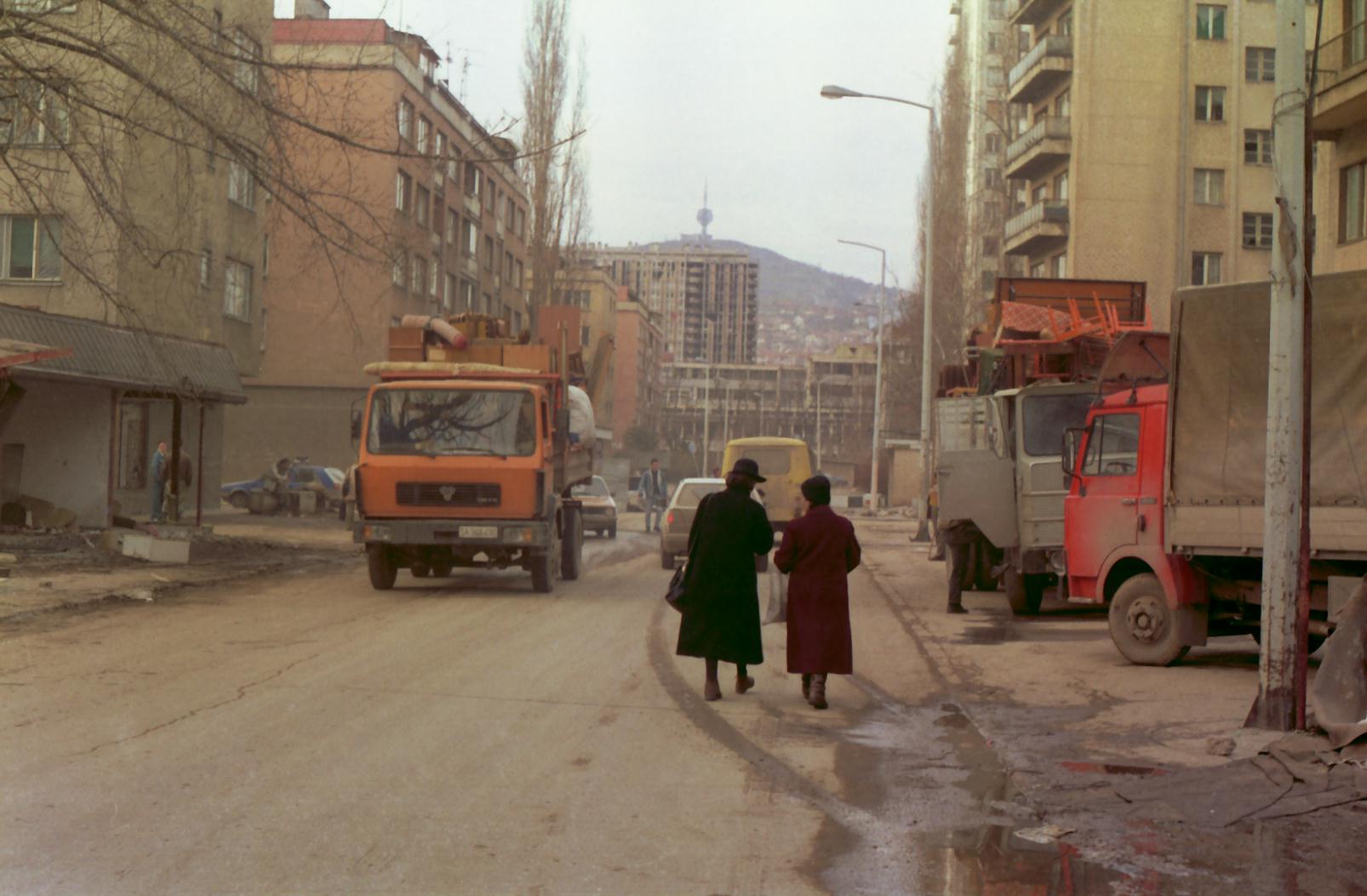The lecture analyzes circumstances tied to the implementation of the Dayton Agreement’s provision for the reunification of Sarajevo. Three months after the signing, Sarajevo was again a united city territorially, but up to one hundred thousand Serbs from these reincorporated territories had left the city after Dayton: only 5-10% of the Serbs stayed there. This lecture addresses the causes of the flight of the Serbs who had been living in Sarajevo’s suburbs before the start of the Bosnian war and stayed to defend their homes there during it. There is a fundamental question of whether anyone could have reasonably expected the Serbs to remain in Sarajevo in the postwar circumstances. After the signing of the Dayton Agreement, the situation regarding Sarajevo unification developed into a serious security threat that unfolded in accordance with the concept of security dilemma. Empirical evidence for this presentation was gathered during eleven months of fieldwork in Bosnia-Herzegovina between 2016 and 2018.
Ondřej Žíla is Assistant Professor at the Department of Russian and East European Studies, Faculty of Social Sciences, Charles University. His chief research interests are ethno-demographic changes, forced migrations, conflicts, and post-war reconstruction in the countries of the former Yugoslavia, especially in Bosnia and Herzegovina. He published a monograph ‘You Are My Only Homeland’: Ethno-Demographic Metamorphoses of Bosnia and Herzegovina in the Years 1945–2013 (in Czech) and more than twenty studies. He has conducted a field research in Bosnia and Herzegovina, Serbia and Croatia. His current research is focused on the topic of the unification of divided Sarajevo after the end of the Bosnian conflict in the beginning of 1996 (January-March) and its specific consequences. Since 2017 he is Senior researcher in the PRIMUS Research Programme (“Beyond Hegemonic Narratives and Myths. Troubled Pasts in the History and Memory of East-Central & South-East Europe”).
